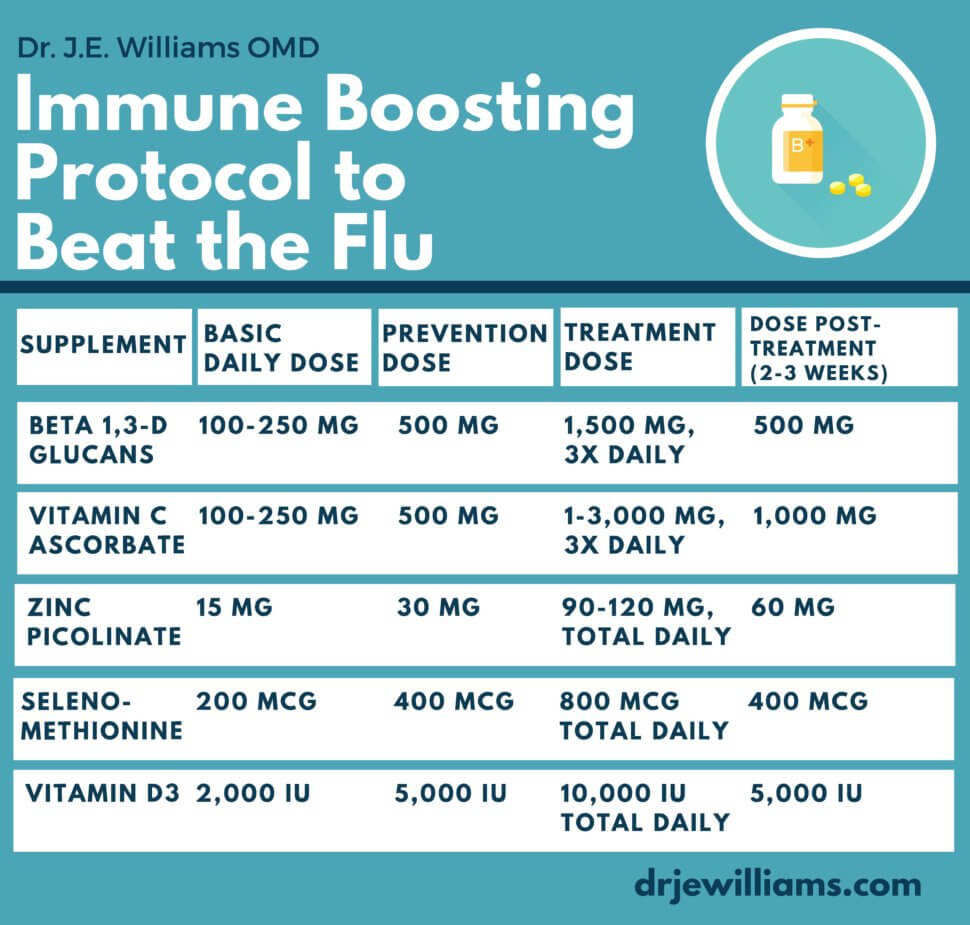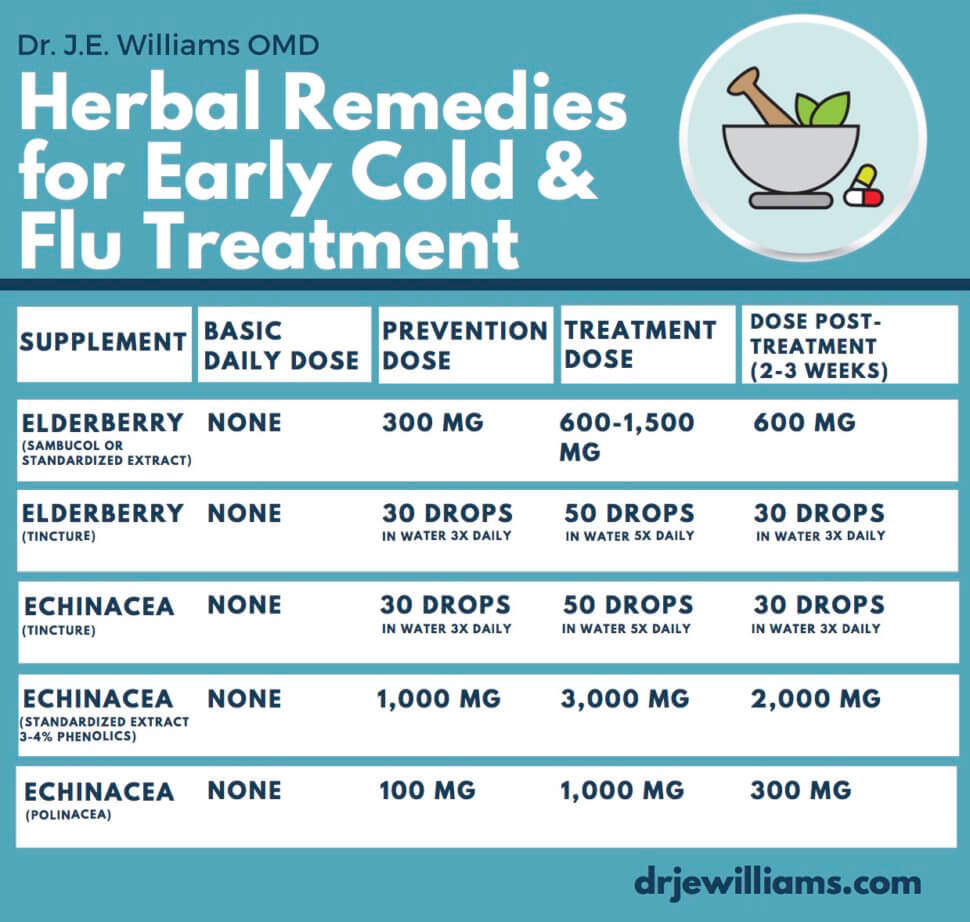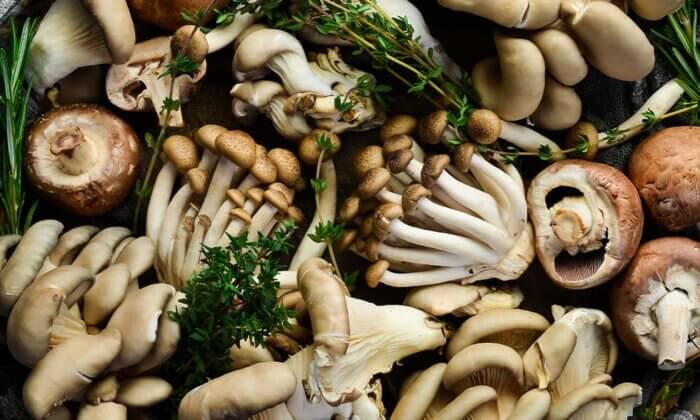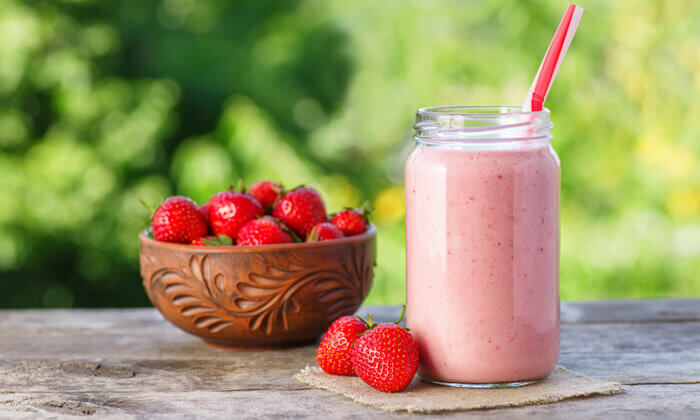The 5 Supplements to Boost Immunity for Beating Seasonal Flu (Part II of III)
Micronutrients have major influences on health, including viral immunity.
| | Reading Time: 5 minutes

Strong antiviral resistance is associated with responsive innate immune signals. People who are most resistant to influenza infection clear the virus quickly. Those whose immune system develops tolerance to influenza have built-in protection from past infections or immunization. These individuals experience less tissue damage and fewer symptoms even though they get sick. The also tend to recover faster. Here’s how to effectively boost your immune system with natural methods and supplements, so you can beat the seasonal flu.
Frontline Immunity Supplements
Immune support during flu season helps your body beat the flu. Frontline support includes a balanced, healthy plant-based diet. It means avoiding immune suppressing activities like overuse of alcohol, smoking, and not getting enough sleep. And, including micronutrient supplements to your diet for an added advantage in beating the flu.
Studies show that micronutrient deficiencies weaken immunity and increase susceptibility to infection. A 2000 review outlined many ways that micronutrients influence immunity. Deficiencies of micronutrients impair an effective immune response to respiratory infections like influenza.
Essential micronutrients are vitamins and minerals that your body requires from your diet or obtained from dietary supplements.
1. Beta-glucan (as β1,3-D-glucans)
Beta-glucans are natural polysaccharides, a type of sugar, produced by yeast and fungi, including mushrooms. It’s a well-known immune modulator that also has antiviral activity.
A Japanese study found that the survival time of mice infected with influenza improved with a black yeast-derived beta-glucan. Another study found similar results utilizing beta-glucan derived from medicinal mushroom powder. The beta-glucan treated mice had a 60% survival rate from lethal influenza infection.
A 2012 study utilizing beta-glucan derived from baker’s yeast (Saccharomyces cerevisiae) reduced upper respiratory tract symptoms compared to placebo. One of the ways beta-glucan works is to increase levels of immunoglobulin A (IgA).
Most beta-glucan supplements are derived from baker’s yeast. Others come from black yeast and medicinal mushrooms. From my clinical experience, and supported by the study results, all forms of beta-glucan are useful whether derived from baker’s yeast, as medicinal mushroom powder, or specialized super-food strains from black yeast.
However, quality and activity vary between beta-glucan products. Look for those that provide percentage of active linkage, the therapeutic portion or content. I recommend a minimum β1,3-D-glucan content of 80%. A purified form (1,3/1,6)-ß-D-glucan) is reported to have a slight edge on β1,3-D-glucans.
2. Vitamin C (as calcium/magnesium/potassium ascorbate)
Taking vitamin C reduces cold and flu symptoms.
A 1999 study found 85% improvement with 1,000 mg of vitamin C every hour. A 2013 review found that as low as 200 mg of vitamin C daily helped prevent colds and flu, and shortened downtime due to sickness.
When treating the flu, frequent vitamin C dosing is most effective. When dosing every one to two hours, 250-500 mg is sufficient. Dosages of 1,000 mg or higher can cause diarrhea. I recommend that my patients take a buffered form because vitamin C (as ascorbic acid) is acidic and can irritate the lining of intestines. Therefore, vitamin c as calcium, magnesium, or potassium ascorbate is better.
3. Zinc (as zinc picolinate of chelated zinc)
Zinc deficiency decreases cell-mediated immunity that fends off infections.
A 2013 Cochrane review found that 75 mg of zinc taken within 24-hours of the first sign of symptoms can shorten the duration of a cold.
Zinc supplements help reverse thymus gland atrophy associated with immune deficiency during aging. Older people are particularly susceptible to zinc deficiency. Those over 60 years should get 15 mg of zinc daily. During influenza season, increase to 30 mg daily.
4. Selenium (as selenomethionine or chelated selenium)
Like zinc, selenium is trace mineral necessary for effective immunity.
A 2017 study found that selenium nanoparticles enhanced the antiviral properties of oseltamivir. Selenium supplementation supports acute cellular immune response to infection.
5. Vitamin D3 (as cholecalciferol)
People with low vitamin D levels tend to catch a cold and get the flu easily. Those with deficient vitamin D levels (less than 10 mg/dL by a blood test) are the most vulnerable.
A 2007 study found that those who took 2,000 IU daily of vitamin D3 had a 90% reduced risk of getting sick.
To learn your level, test for Vitamin D, 25-Hydroxy. You may be at risk if your level is less than 30 mg/dL. I recommend that my patient get their vitamin D level between 70-100 mg/dL.

Frontline Herbal Medicine for Early Treatment
At the first sign of flu symptoms, start antiviral herbal medicines. Don’t wait. During our era of a looming pandemic, it’s wise to start sooner than later. Even seasonal flu outbreaks are getting worse.
For mild symptoms and children use Elderberry. For moderate symptoms in adults use Echinacea. Older children and teens can also take Echinacea but in reduced dosages. When symptoms come on fast and strong, take both Elderberry and Echinacea.
Black Elderberry (Sambucus nigra as Sambucol or black elderberry tincture)
A 2001 study found that Sambucol inhibits viral replication and has antioxidant effects. A 2016 study found that those who took an elderberry supplement experienced fewer symptoms and got better sooner from viral respiratory symptoms.
Echinacea (Echinacea angustafolia as tincture or standardized extract)
The medicinal ingredients in Echinacea are soluble in alcohol. That’s why Echinacea tea, a water extract, won’t work. For best results, you have to use Echinacea as a tincture or standardized extract. Studies have shown, and my clinical experience confirms, that there is no difference between liquid or dry forms. However, the concentration of active constituents in an alcohol tincture is lower than in a standardized extract. To be effective, you have to take more of the tincture. A typical effective dose of the tincture is 1/3 teaspoon.
Bioavailability counts. Though several studies, including a 2014 systematic review of 24 double-blind studies found Echinacea only a 10-20% effective treating symptoms of cold and seasonal flu, I argue that bioavailability and dosage count. To be effective, you have to take enough, but don’t overdose. You also need to dose frequently. During active infection dose every 30-60 minutes.
The active components of Echinacea are alkamides found in at least 33 plant families including the daisy family, of which Echinacea is a member. Alkamides exhibit a range of biological activities including immune boosting and antiviral properties. A standardized Echinacea extract from Italy, Polinacea, contains a specific polysaccharide IDN 5405 show to improve the immune response to influenza infection.

Additional Recommendations
Get a blood test if you suspect nutrient deficiencies. SpectraCell Laboratories offers a nutritional panel, but requires a licensed doctor’s prescription. You can order individual nutrients on your own through PersonaLabs or AnyLabs, or through my website.
The primary purpose of frontline viral immunity support is to prevent micronutrient deficiencies. To be effective, aim to optimize levels, but don’t overdose. Taking too much triggers immune imbalances and can even cause toxicity.
For prevention, start with frontline immune support supplements in the fall. But, it’s never too late to begin. Additional supplements that support immunity include vitamins A and E. Immune-supportive minerals also include iron and copper.
The best way to get extra nutrients is to take a multivitamin and mineral, which helps balance high dose individual nutrients making them more effective. Continue immune supportive supplements through cold and flu season from December through April.
If you can only get a few, choose Echinacea and Zinc for your beating the flu medicine kit.
Herbal medicines are primarily for treatment. They help reduce symptoms and shorten your sick time. However, some find that daily low-dose Echinacea or Elderberry also have preventive effects.
Don’t forget to read Part 1 and Part 3 of my Beating the Seasonal Flu series to get the full flu flighting picture.


